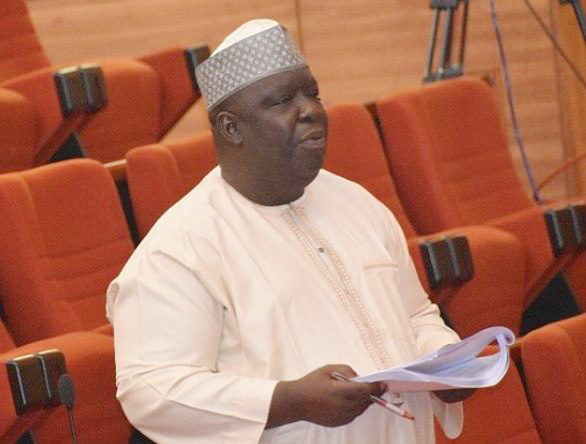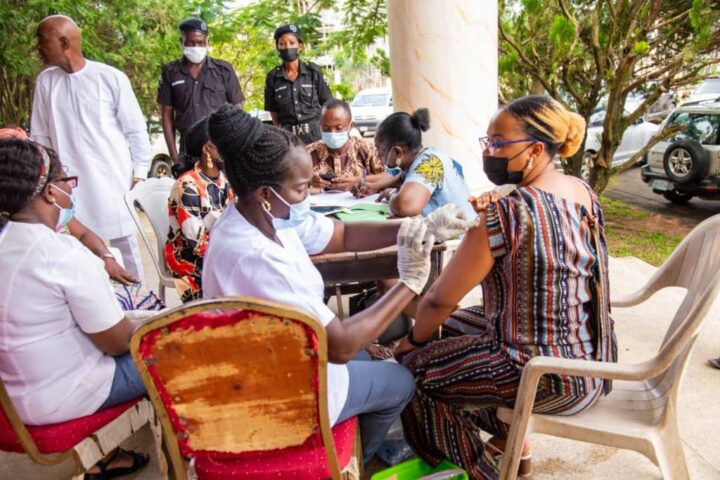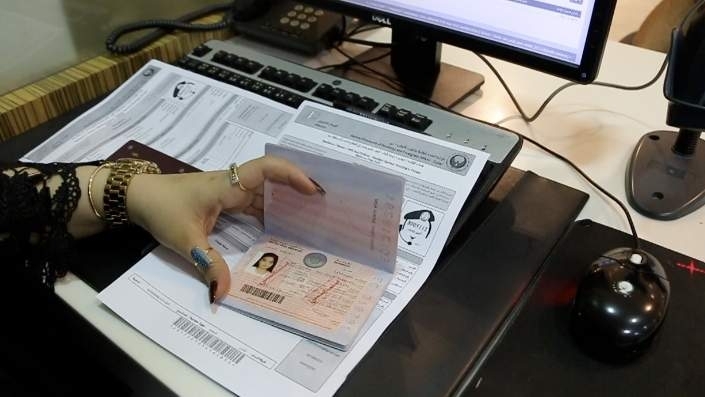The Centre for Democracy and Development (CDD) has been awarded a grant by the UK government to support “strengthening the delivery of peace and security in Nigeria” (SDPS) project.
The CDD announced this in a statement signed by Idayat Hassan, its director.
According to the statement, the funding will support the organisation’s efforts towards improving security and promoting peace across the country.
“This funding supports CDD’s well documented work in the areas of peace and security and will strengthen efforts to stem the surge of insecurity as well as to combat misinformation and disinformation which are often drivers of conflicts across the country,” the statement, issued on Thursday, reads.
Advertisement
“Insecurity in Nigeria is currently at a scale that threatens the very fabric of our nationhood. With conflict manifesting in various forms in virtually all regions of the country, Nigeria has for decades not been as vulnerable as it currently is.
“Our SDPS project will not only enhance the public’s understanding of the drivers of these conflicts, but will also counter emotion-driven narratives with evidence-based analysis that will equip stakeholders with the timely understanding of issues needed to positively influence policy and entrench lasting peace in the country.”
She added that in addition to countering sensationalist narratives in the media and public discourse, the key objectives of the project will be geared towards strengthening the connection between knowledge creation, public awareness, and policy decision-making in addressing insecurity and conflict in Nigeria.
Advertisement
The CDD director said the funding will leverage partnerships with influential media organisations on the production of “special investigative reports as well as regular radio programming to advance evidence-based understandings of the conflicts”.
“This funding will also advance activities that drive the uptake of new knowledge by policy makers within relevant and influential policy institutions,” she added.
Add a comment






